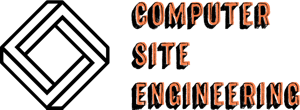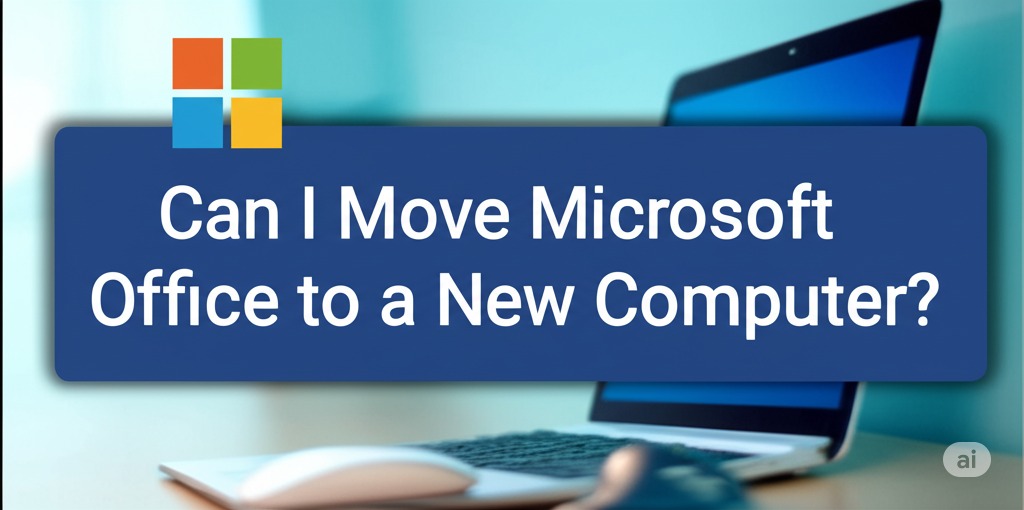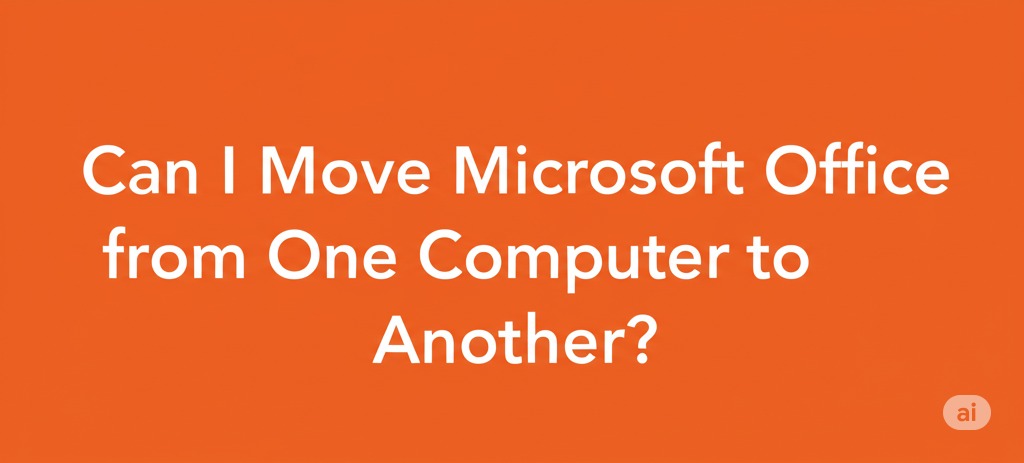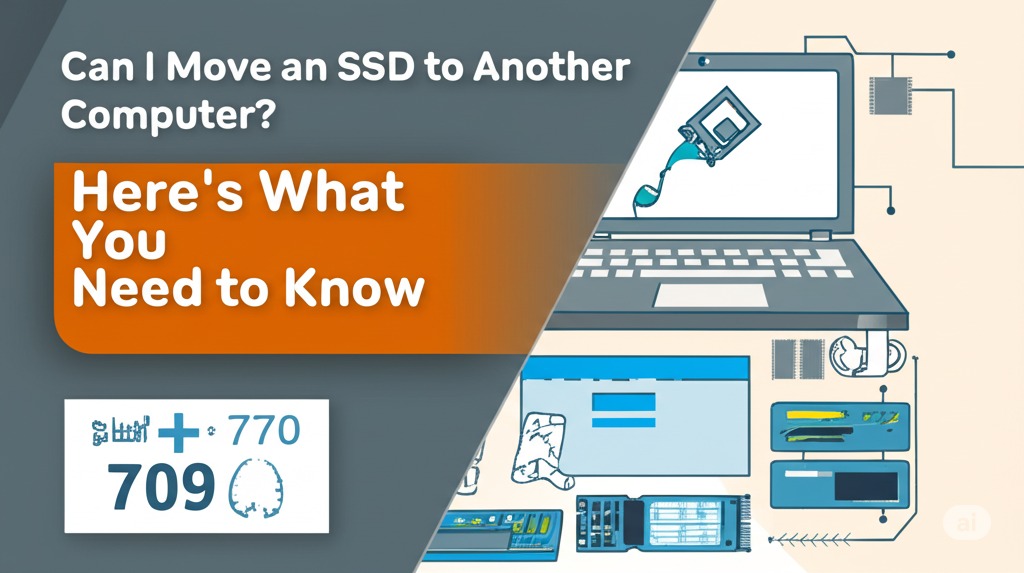Introduction
Choosing the right computer for studying or working in computer science is crucial. Many students and professionals debate whether Macs are the best choice for programming, software development, and related fields. Macs are known for their sleek design, powerful hardware, and Unix-based operating system, but are they truly the best for computer science? In this article, we’ll explore the pros and cons of using a Mac for computer science, comparing it to other popular alternatives.
Why Macs Are Popular in Computer Science
1. macOS is Unix-Based
One of the biggest advantages of Macs for programming is that macOS is built on Unix. This provides a stable and flexible environment for developers and is similar to the Linux systems used in many real-world computing applications. Some key benefits include:
- Command-line proficiency: macOS’s Terminal allows users to run Linux-like commands, making it easier to work with servers and development environments.
- Compatibility with major programming languages: Macs support Python, Java, C++, Swift, and more without additional configuration.
- Bash and Zsh support: These shells are widely used in professional development and are native to macOS.
2. Excellent Hardware and Build Quality
Apple is known for its high-quality hardware, which includes retina displays, long battery life, and efficient M-series chips. These features make Macs ideal for long coding sessions, reducing eye strain and improving overall performance.
3. Seamless Development for Apple Ecosystem
For developers interested in iOS and macOS app development, a Mac is essential. Apple’s Xcode IDE only runs on macOS, making it the best option for Swift and Objective-C development.
4. Strong Security and Reliability
Macs are known for their security features, including:
- Fewer viruses and malware compared to Windows.
- Strong encryption and privacy controls.
- Stable performance with fewer crashes.
Potential Downsides of Using a Mac for Computer Science
1. Higher Cost
Macs tend to be more expensive than Windows or Linux-based alternatives. Budget-conscious students may find it challenging to afford a Mac, especially when comparable hardware can be found in cheaper Windows or Linux machines.
2. Limited Upgradability
Unlike many Windows laptops and desktop PCs, Macs have limited upgrade options. The RAM and storage in many models are soldered, meaning you must choose the right specifications at purchase. This can be a drawback for users who may need more power later.
3. Software Compatibility Issues
While macOS supports most programming tools, some specialized software is better suited for Windows or Linux. Examples include:
- Game development tools like DirectX and certain Unity features.
- Enterprise software that is Windows-exclusive.
- Some AI and machine learning frameworks that perform better with NVIDIA GPUs, which Macs lack.
4. Lack of Native Gaming Support
Though gaming isn’t a core part of computer science, many students enjoy it. Macs have limited gaming options due to fewer game releases and weaker GPU performance compared to Windows machines.
How Macs Compare to Windows and Linux Machines
Mac vs. Windows for Computer Science
| Feature | Mac | Windows |
|---|---|---|
| OS Type | Unix-based (macOS) | Windows (Non-Unix) |
| Software Compatibility | Limited for certain software | Supports most applications |
| Customization | Limited hardware upgradability | Highly customizable |
| Security | More secure | More susceptible to malware |
| Cost | Expensive | More budget-friendly |
Mac vs. Linux for Computer Science
| Feature | Mac | Linux |
| OS Type | Unix-based (macOS) | Unix-based (Linux) |
| Ease of Use | User-friendly interface | Requires technical knowledge |
| Compatibility | Supports major dev tools | Best for open-source projects |
| Upgradability | Limited hardware options | Wide hardware compatibility |
| Cost | Expensive | Free OS, cheaper hardware |
Who Should Choose a Mac for Computer Science?
Ideal Candidates for a Mac:
- Students and developers working with iOS/macOS development.
- Users who prefer a Unix-based OS with a polished UI.
- Those looking for a secure and stable system with minimal maintenance.
- Users who value premium hardware and long battery life.
Who Might Prefer Other Options:
- Budget-conscious students who want more affordable hardware.
- Developers needing specific software that is only available on Windows.
- AI and machine learning engineers who require NVIDIA GPUs.
- Gamers who also want a machine for high-end gaming.
Conclusion
Macs offer a powerful, Unix-based development environment with high-quality hardware and strong security. They are excellent for software development, web development, and iOS programming but may not be the best for budget-conscious students, gamers, or developers needing Windows-only applications.
If you’re looking for a premium experience with a focus on programming and security, a Mac is a solid choice. However, Windows and Linux machines may be better suited for those needing more customization, affordability, or specialized software support.

Caleb Carlson is a contributing writer at Computer Site Engineering, specializing in computer technology, software trends, and hardware innovations. His articles simplify complex tech topics, making them accessible to readers of all levels.





